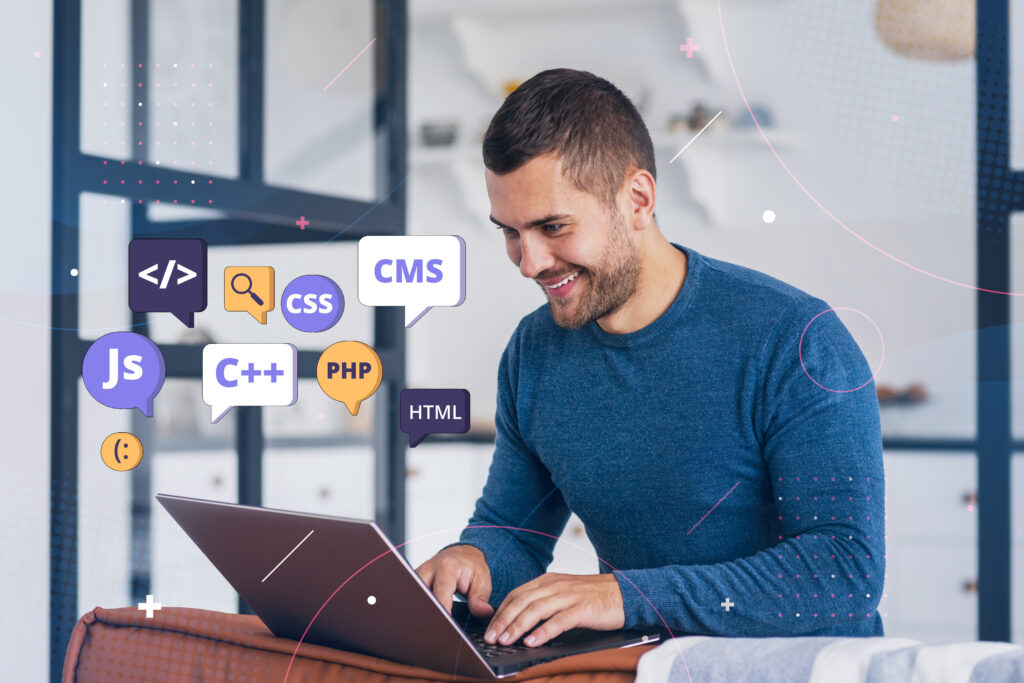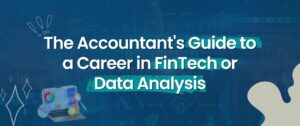
Understanding the Challenge
Time and Energy Management
Balancing a full-time job with learning to code is demanding. You must distribute your energy between professional responsibilities, personal life, and study time. The goal is not to “find” time but to allocate it effectively through strategic planning.
Overcoming the “No Time” Mindset
Many people believe they lack the time to learn coding. In reality, unused moments throughout the day—commutes, lunch breaks, or evenings—can be transformed into productive learning opportunities.
The Benefits of Learning to Code

Career Advancement
Coding skills open the door to higher-paying positions, leadership roles in tech-driven industries, and opportunities to contribute to innovative projects.
Problem-Solving Skills
Programming enhances logical thinking, creativity, and the ability to break down complex problems—skills that are highly valued in any profession.
Flexible Career Options
Coding can lead to remote work, freelancing, or even launching your own software-based business.
Setting Practical Goals
Small Milestones
Rather than setting an overwhelming goal like “become a developer in three months,” focus on achievable steps, such as completing a basic project or mastering a specific concept weekly.
Long-Term Roadmap
View coding as a long-term investment. Create a structured plan that progresses from beginner concepts to advanced topics over several months.
Selecting the Right Programming Language

Beginner-Friendly Choices
Python and JavaScript are excellent starting points due to their simplicity and wide application.
Aligning Language with Career Goals
Choose based on your objectives: JavaScript for web development, Python for data science, or Java/Kotlin for mobile development.
Time Management Strategies
Morning vs. Evening Learning
Select a study time that matches your energy levels. Morning learners may prefer an hour before work; night learners can dedicate post-dinner hours.
Utilizing Short Breaks
Even 15-minute windows during the day can be used for reviewing code snippets or watching short tutorials.
Maximizing Weekends
Set aside extended weekend sessions for in-depth learning and project work.
Learning Approaches
Focus on Key Concepts (80/20 Rule)
Master the core 20% of coding concepts that will be used in 80% of your work—loops, conditionals, and data structures.
Project-Based Learning
Apply your skills by building real-world applications, starting with small tools and gradually increasing complexity.
Balance Between Theory and Practice
Immediately apply new knowledge in code to reinforce understanding.
Recommended Learning Resources
Free Online Platforms
FreeCodeCamp, W3Schools, and The Odin Project offer structured, accessible lessons.
Structured Paid Courses
Platforms like Udemy, Coursera, and edX provide in-depth, guided learning paths.
Books and Community Support
Books such as Automate the Boring Stuff with Python are excellent for beginners. Communities on Stack Overflow or Reddit’s r/learnprogramming can provide guidance and feedback.
Maintaining Motivation
Tracking and Measuring Progress
Use tools like Notion or Trello to monitor your learning journey and set deadlines.
Joining Peer Groups
Engage in online or local coding communities for accountability and support.
Celebrating Achievements
Recognizing small wins—such as fixing a bug or completing a project—helps maintain momentum.
Mistakes to Avoid
Learning Multiple Languages Prematurely
Focus on mastering one language before branching out.
Skipping Core Fundamentals
Strong foundational knowledge is essential before tackling advanced tools and frameworks.
Avoiding Practical Application
Passive learning (only reading or watching tutorials) without practice slows progress.
Conclusion
Learning to code while managing a full-time job is entirely possible with discipline, structure, and realistic goals. Consistency matters more than intensity, and even modest daily progress will accumulate into valuable skills over time. With the right mindset and resources, you can successfully transition into a tech-driven career or enhance your current role.
If you’re ready to start your coding journey and need expert guidance, explore more insightful tech learning resources at Codeed Labs — your gateway to practical, industry-ready skills.
FAQs
1. How much time should I dedicate daily to learning coding?
Aim for 30–60 minutes of focused learning per day, adjusting as your schedule allows.
2. Which language is best for beginners?
Python is a versatile and beginner-friendly choice, ideal for many coding paths.
3. Can I transition to a tech career while working full-time?
Yes. Many professionals successfully switch careers after part-time learning.
4. How long does it take to become job-ready?
With consistent effort, you can reach a professional level within 6–12 months.
5. Should I self-learn or join a course?
Both are viable. Courses offer structure, while self-learning offers flexibility.
Table of Content
 5.0
5.0
Unlock your new design team today
Get a team of skilled professionals and all the benefits that come with top-grade in-house designers—for a flat fee.
Book a free call


